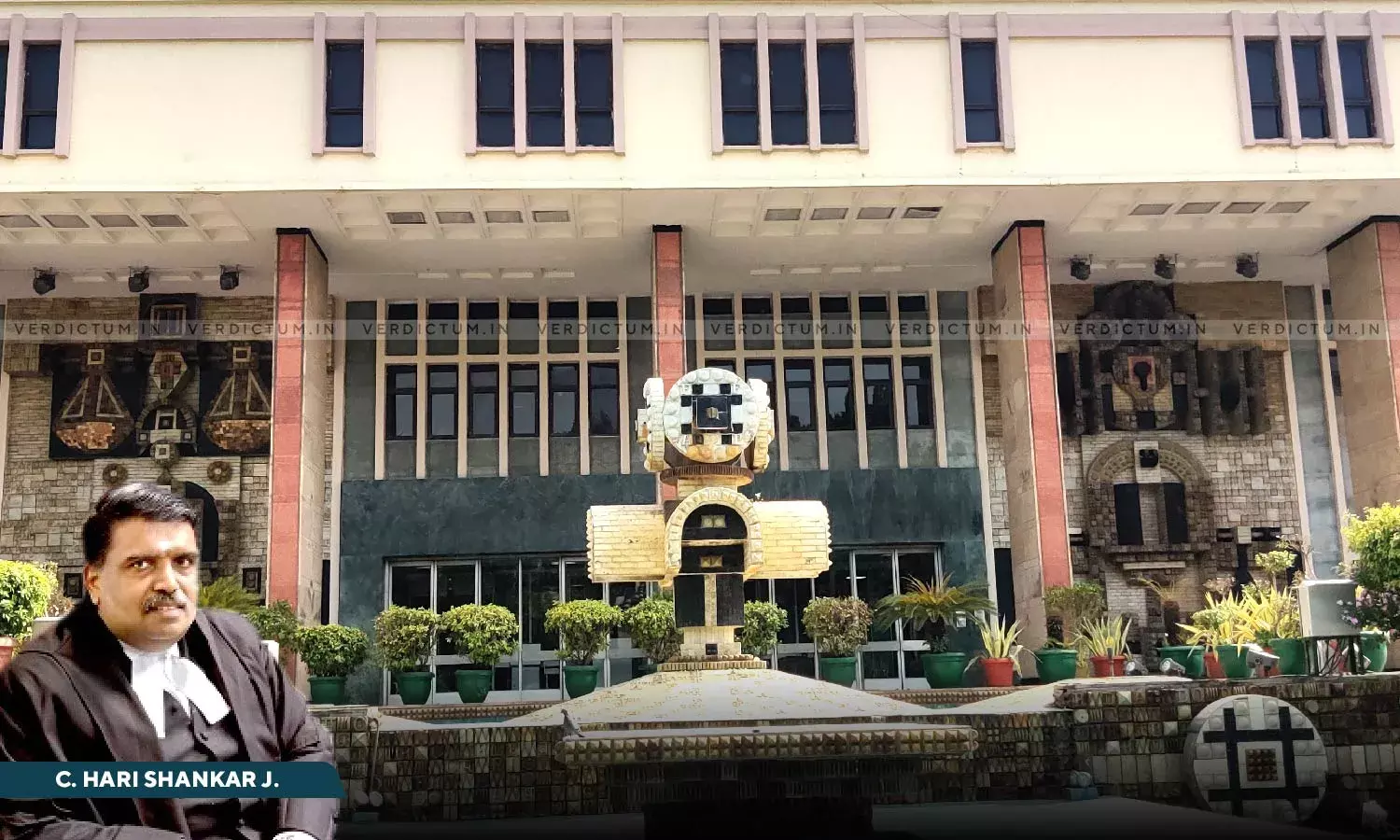Delhi HC Dismisses Plea Challenging Passing Criteria for Class-V Prescribed By Directorate of Education

The Delhi High Court observed that it cannot sit in appeal under Article 226 of the Constitution over the discretion of the Department of Education, insofar as the criteria prescribed by it for passing the examination is concerned.
The bench of Justice Hari Shankar observed, “ the Court under Article 226 cannot sit in appeal over the discretion of the DoE, insofar as the criteria prescribed by it for passing the examination is concerned. Of course, if the criteria are unconsciously stringent or amount to colourable exercise of the powers vested in the DoE in that regard, the court is well within its powers to step in.”
Advocate Ashish Negi appeared for the Petitioner and Advocate Mr. Verghese appeared for the Respondent.
Brief Facts-
The Petitioner is a student of the St Georges School Alaknanda which he joined in 2017. He appeared in the annual Class V examination in February 2024. It is mentioned in the Writ Petition that the school did not declare the result of the petitioner’s examination and required him, instead, to appear in a re-test. The petitioner appeared in the re-test however, the respondent school declared him as having failed in the re-test and refused, therefore, to promote him to Class VI.
The Writ Petition was filed seeking the quashing of orders dated October 7 2022 and August 22 2023 issued by the Directorate of Education (DoE) on the ground that they were violative of Section 16 of the Right of Children to Free and Compulsory Education Act 2009.
Section 16(3) specifically permits the appropriate government i.e., the Government of NCT of Delhi through the DoE to allow schools to hold back children in Vth or the VIIIth class or in both classes in such manner and subject to such conditions as may be prescribed.
Section 16(1) envisages a regular examination being held at the end of the Vth and VIIIth classes.
Section 16(2) requires a child, who fails in the terminal examination held in class V or VIII to be granted an opportunity for re-examination within two months from the date of declaration of the result.
The Court noted that “Prescribed” is defined in Section 2(l) of the RTE Act as “prescribed by rules made under the said Act”.
The Court further noted that impugned orders were issued by the Government in the exercise of the power conferred by Rule 21A of the RTE Rules. Therefore, orders cannot be said to be more than the jurisdiction vested in the DoE.
The Court further found the reliance of the Petitioner on the proviso of Section 16(3) as misplaced according to which, the appropriate government “may decide not to hold back a child in any class till the completion of elementary education”. “…proviso to Section 16(3) is purely discretionary in nature…The proviso would apply, therefore, only if such a decision has been taken by the appropriate government.” Court stated.
The Court rejected the argument of the petitioner that the criteria mentioned are needlessly stringent and observed, “They err, if anything, on the side of leniency as they only envisage obtaining 33% marks in the final examination and 25% marks in the mid-term examination.”
Hence, as per the Court, a challenge to the orders as being violative of Section 16 of the RTE Act is not right.
However, the Court noted that the writ petition also stated that the result of the Class V terminal examination was never declared and issued notice to the respondent in that regard.
In the meantime, the Court allowed the interim relief sought by the petitioner to attend classes in Class VI.
Cause Title: Master Arnav Sharma v. St. Georges School Alaknanda (Neutral Citation: 2024: DHC: 2744)
Appearance:
Appellant: Adv. Ashish Negi, Adv. Sushila
Respondent: Adv. Verghese, Adv. Utkarsh Singh, SC (Civil) Santosh Kumar Tripathi

